
BEIS aims to engage with international partners and develop the skills of people to carry out world class research and thrive in a global economy. The Government office for Science within BIS also aims to promote science-based research partnerships at individual, research group and institutional levels to encourage reciprocal exchange of students and researchers.
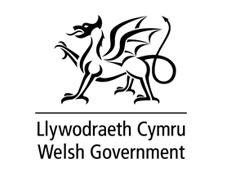
The Welsh Government aims to promote its objectives in research and innovation, economic, social and personal development and skill training.
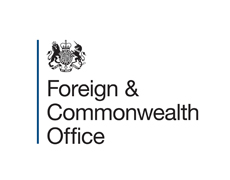
FCO supports the delivery of the UK government’s international education objectives and through UKIERI it is working towards promoting UK as the partner of choice for education.
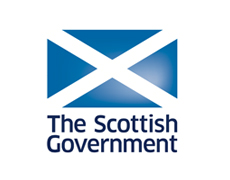
The Scottish Government is the devolved Government for Scotland and focuses government and public services on creating a more successful country, with opportunities for all of Scotland to flourish, through increasing sustainable economic growth.
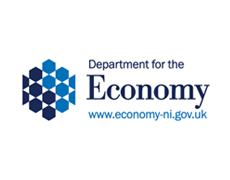
The Northern Ireland Executive aims to increase the number of international students studying in higher education institutions in Northern Ireland, encouraging mobility of students and staff and developing international institutional partnerships.
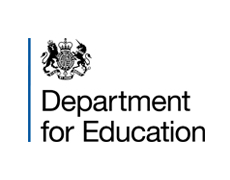
DfE is a ministerial department, supported by 19 agencies and public bodies which is responsible for children’s services and education, including early years, schools, higher and further education policy, apprenticeships and wider skills in England.
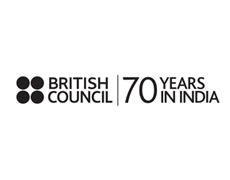
The British Council aims to work towards strengthening the international dimension of UK’s work in education and engage with government representatives, policy makers, students and young people world-wide.
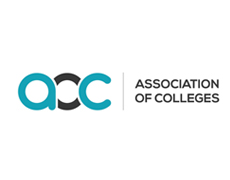
AoC is the national voice for further education, sixth form, tertiary and specialist colleges in England. It is a not-for-profit membership organisation established in 1996 by colleges, for colleges. They represent and promote the interests of colleges, and provide our members with high-quality professional support services, including training, events, and recruitment
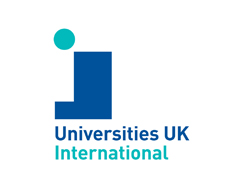
It represents UK universities and some higher education colleges. Our 125 members are the executive heads of these institutions. Universities UK works to promote and support the UK's universities and to spread good practice throughout the higher education sector. Universities UK brings together the leaders of UK universities to discuss and debate current and future higher education issues, and to represent and campaign on their views to the Government, business, media and beyond.
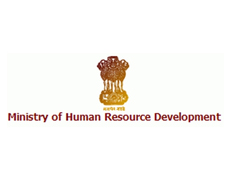
MHRD is the Department of Higher Education of the Government of India and is responsible for laying down the national policy on education and overseeing its implementation. It is responsible for planned development of university & higher education, technical education and international cooperation in the field of education and granting of scholarships to the deserving students.
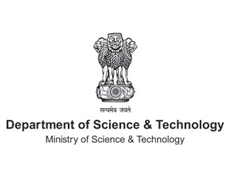
Department of Science & Technology has the objective of promoting new areas of Science & Technology and to play the role of a nodal department for organizing, coordinating and promoting S&T activities in the country. India is one of the top-ranking countries in the field of basic research. Indian Science has come to be regarded as one of the most powerful instruments of growth and development, especially in the emerging scenario and competitive economy.
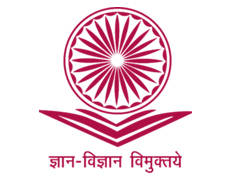
The UGC has the unique distinction of being the only grant-giving agency in India which has been vested with two responsibilities: that of providing funds and that of coordination, determination and maintenance of standards in institutions of higher education. The UGC's mandate includes: Promoting and coordinating university education, Determining and maintaining standards of teaching, examination and research in universities, framing regulations on minimum standards of education and serving as a vital link between the Union and state governments and institutions of higher learning.
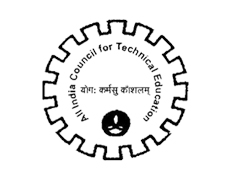
AICTE was set-up in November 1945 as a national level Apex Advisory Body to conduct survey on the facilities on technical education and to promote development in the country in a coordinated and integrated manner. AICTE be vested with statutory authority for planning, formulation and maintenance of norms and standards, quality assurance through accreditation, funding in priority areas, monitoring and evaluation, maintaining parity of certification and awards and ensuring coordinated and integrated development and management of technical education in the country.
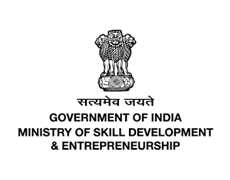
The Ministry aims to Skill on a large Scale with Speed and high Standards in order to achieve its vision of a 'Skilled India'. It is aided in these initiatives by its functional arms – National Skill Development Agency (NSDA), National Skill Development Corporation (NSDC), National Skill Development Fund (NSDF) and 33 Sector Skill Councils (SSCs) as well as 187 training partners registered with NSDC. The Ministry is responsible for co-ordination of all skill development efforts across the country, removal of disconnect between demand and supply of skilled manpower, building the vocational and technical training framework, skill up-gradation, building of new skills, and innovative thinking not only for existing jobs but also jobs that are to be created.